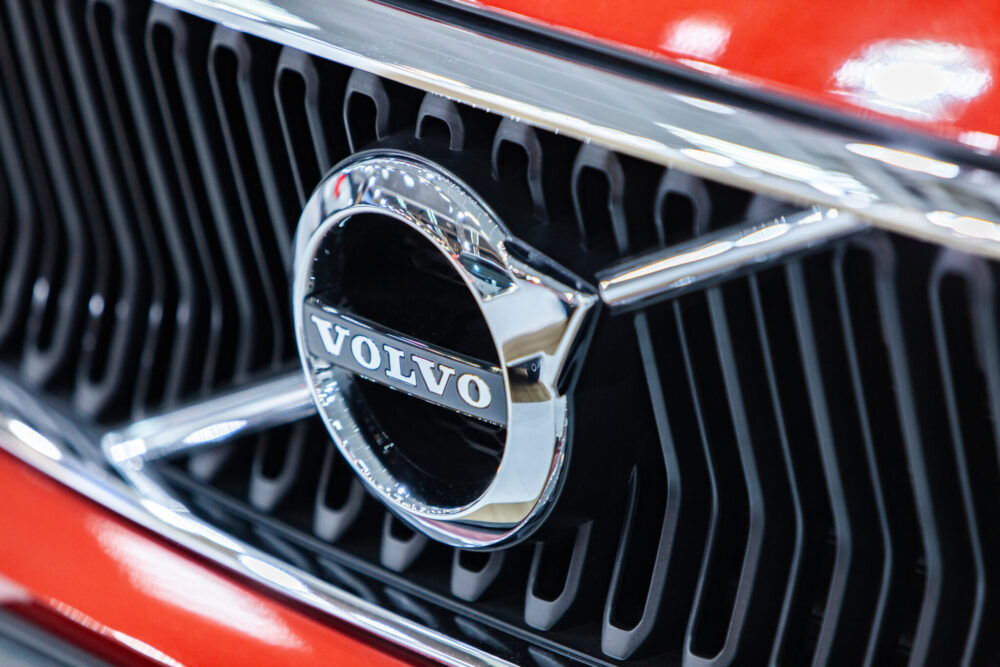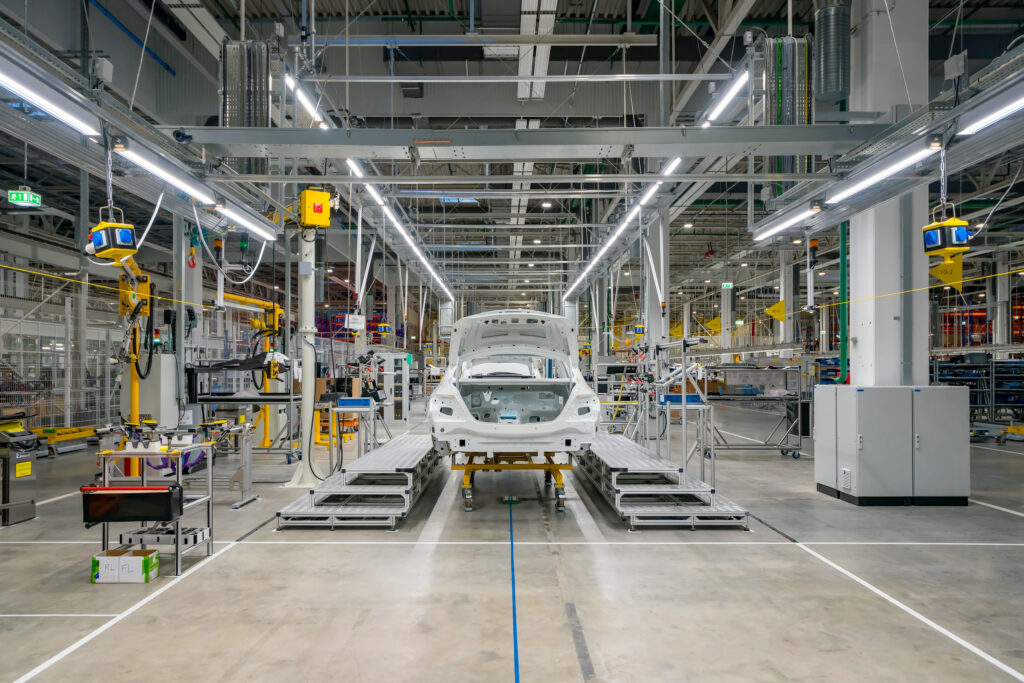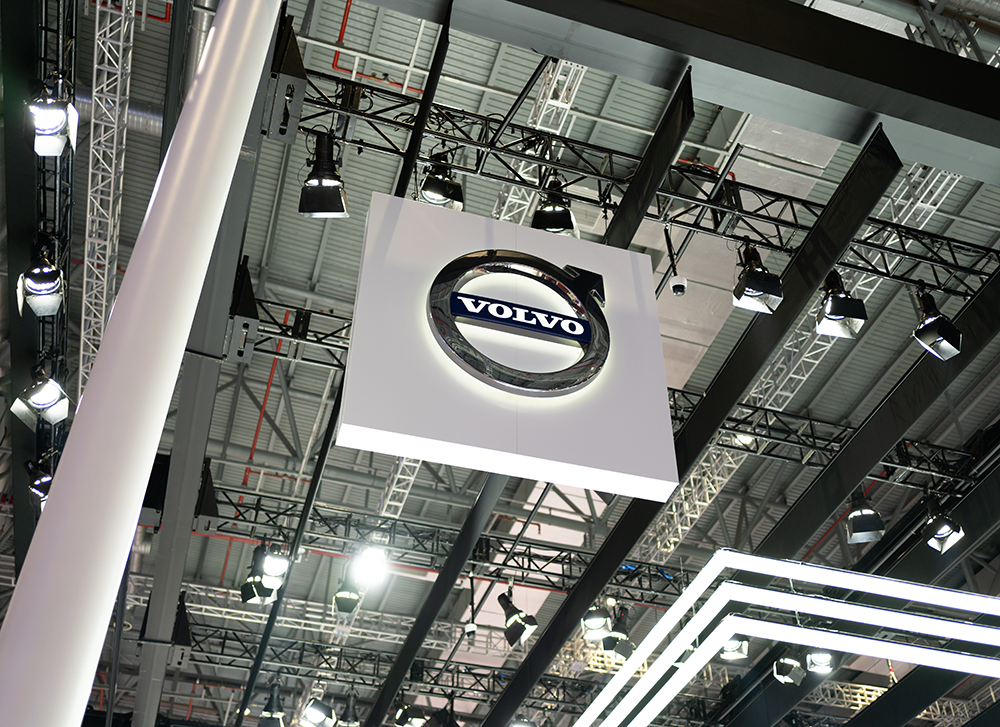Is Volvo’s Restructuring a Warning Signal for Steel Demand?

In late April, Swedish automaker Volvo announced plans to cut up to 3,000 jobs, or about 15% of its workforce, as part of a restructuring plan. Since then, steel industry insiders have pointed to the event as a potential warning sign for demand.
According to statements from Volvo Cars CEO Håkan Samuelsson released on May 26, the company will primarily target white-collar roles but intends to review all departments. The company cited declining sales of both internal combustion engine vehicles and battery electric vehicles as the key reason for the restructuring, which also aims to achieve $2 billion in cost savings.
Facing challenges in tracking metal price movements in order to plan out purchases? Access monthly price trends for 10 different metal industries by signing up for MetalMiner’s Monthly Metals Index Report, ensuring you’re always ahead in your sourcing strategy.
Global Steel Industry Relies Heavily on Auto
The auto sector remains a major consumer of steel, including special steels and hot-dipped galvanized steel, the latter of which also affects zinc demand. Market sources told MetalMiner that during the week starting May 19, mills in Spain and the Benelux region offered €610–620 per metric ton ex-works for June rolling / July delivery. This represents a significant decline from the €650 seen in late April.

According to Paris stock exchange data, zinc’s three-month May closing price on the London Metal Exchange reached $2,705.50 per metric ton. That price reflects an almost 5% rise from $2,577.50 on May 1. However, it remains down nearly 9% from the year-to-date high of $2,972.50 achieved on March 14.
Don’t get caught off guard by rapid metal price fluctuations. Stay ahead of the curve with MetalMiner Insights and make the right purchasing choices at the right time. Learn more.
Tariff Woes Continue to Affect the EU, U.S.
Tariff wars between the United States, the European Union and China also contributed to the planned workforce reduction, since Volvo manufactures all its vehicles in those regions.

On May 26, President Donald Trump announced a 90-day moratorium on a proposed 50% tariff on imports from the EU. He had previously threatened to impose the tariff starting June 1 due to stalled negotiations with the bloc. Though many felt relief at the decision, auto and steel industry watchers noted that such moratoria create uncertainty and discourage decisive action.
Volvo Sales Dropped Significantly in Q1
Volvo Cars reported total retail sales of 172,200 units in Q1, down 6% from 182,700 units a year earlier. The company stated that BEVs accounted for 32,400 units, or 18.8% of total sales. That figure marks a nearly 15% decline from the 38,100 units in the same period of 2024, when BEVs made up about 21% of total sales.

The company also reported Q1 net income of Kr975 million ($100 million), a drop of nearly 73% from over Kr3.58 billion the previous year. Ultimately, revenue fell 11.6% year-over-year, totaling Kr82.9 billion ($8.6 billion) in Q1 compared to Kr94 billion ($9.73 billion) in Q1 2024.
Following Volkswagen’s Footsteps?
Back on October 28, German automaker Volkswagen announced plans to shut down at least three plants in Germany and reduce operations at other sites, potentially cutting up to 10,000 jobs. Around the same time in 2024, Politico reported that European automakers have been slower to ramp up BEV production compared to their U.S. and Chinese competitors.

When the article was published, the starting price for BYD’s Dolphin model in the U.K. was roughly one-third lower than the price of Volkswagen’s comparable ID.7. Moreover, Chinese private-sector innovation over the past 30 years has enabled companies like BYD to invest in value-added services such as design, user comfort, quality control and after-sales service.
Volvo Cars, headquartered in Gothenburg, is majority-owned by Chinese automotive conglomerate Geely. Ford Motor Company sold the brand to Geely in 2010 at a loss. The Swedish automaker originally split from the larger Volvo Group in 1999 when Ford acquired it.
Control costs, reduce risk, and make better buying decisions with constant steel industry news, even in turbulent markets by subscribing to MetalMiner’s weekly newsletter.

